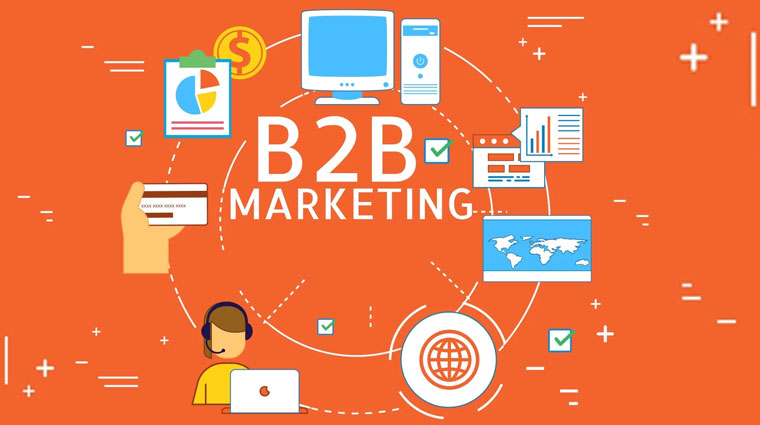Customer Experience in 2026: The True Differentiator in Competitive Markets
10 January 2025

It is crucial for B2B companies to develop a social media strategy for several reasons. Despite the perception that B2B brands may be less engaging or interesting than their B2C counterparts, social media platforms offer valuable opportunities for B2B companies to attract and engage their target audience. Consider the following points:
Leveraging Social Media Influence: Research indicates that 90% of B2B decision makers conduct their search process independently, and 55% of B2B buyers find information through social media channels. By neglecting social media, B2B companies miss out on reaching and influencing potential customers who are actively seeking information.
Overcoming the Boring Perception: B2B brands often mistakenly believe they are inherently boring, particularly when compared to industries like travel or fashion that tend to generate viral content. However, any company, regardless of its B2B or B2C nature, can create interesting and engaging content by focusing on storytelling and providing valuable, high-quality content to their target audience.
Building Brand Awareness and Engagement: B2B companies can attract an audience and stand out by employing consistent branding strategies. By maintaining a strong and recognizable brand identity across social media platforms, B2B companies can increase brand recall and ensure that their audience remembers them. Additionally, engaging with the audience through social media interactions and showcasing user-generated content can foster a sense of community and strengthen customer relationships.
Utilizing Social Listening: Social listening involves actively monitoring and engaging with conversations and mentions related to your brand on social media. By listening to customers' feedback, addressing their concerns, and joining relevant discussions, B2B companies can demonstrate their commitment to customer satisfaction and establish themselves as industry experts.
Leveraging LinkedIn for Social Selling: LinkedIn, known as the social media platform for professionals, offers unique advantages for B2B companies. With tools like LinkedIn Sales Navigator, B2B companies can identify and connect with potential clients based on specific criteria, making it a valuable platform for social selling. LinkedIn's inMail functionality allows for non-intrusive communication and sharing of relevant resources to pique clients' interest, while also providing opportunities for networking through mutual contacts.
In conclusion, having a well-defined social media strategy is essential for B2B companies. It enables them to leverage the influence of social media, overcome the perception of being boring, build brand awareness and engagement, utilize social listening to better understand their customers, and leverage LinkedIn for targeted social selling efforts.